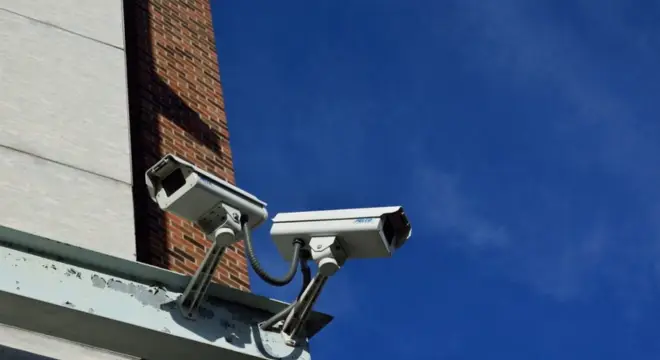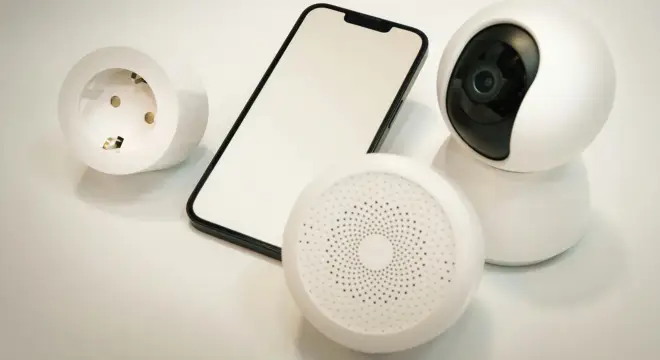Are Doorbell Cameras Really Worth the Investment for Home Security?
I’ll be blunt: I’ve seen homeowners buy doorbell cameras expecting a miracle, and I’ve seen the same devices quietly save a bunch of headaches. In this piece I’ll walk you through what these gadgets actually do, what they can’t do, and how to decide if one’s worth the money for your front door — not someone else’s marketing copy.
You’ll get plain facts (not hype), real user realities I’ve pulled from forums and reviews, and a simple checklist so you can decide fast. I’m writing this like I’d tell a neighbour over tea: direct, practical, and short on fluff.
Before we dive into the pros, cons, and the tech details, tell me — what worries you most about your front door right now: packages, strangers, or just not knowing who’s there when you’re out?
The Rise of Doorbell Cameras — Why Everyone’s Talking About Them
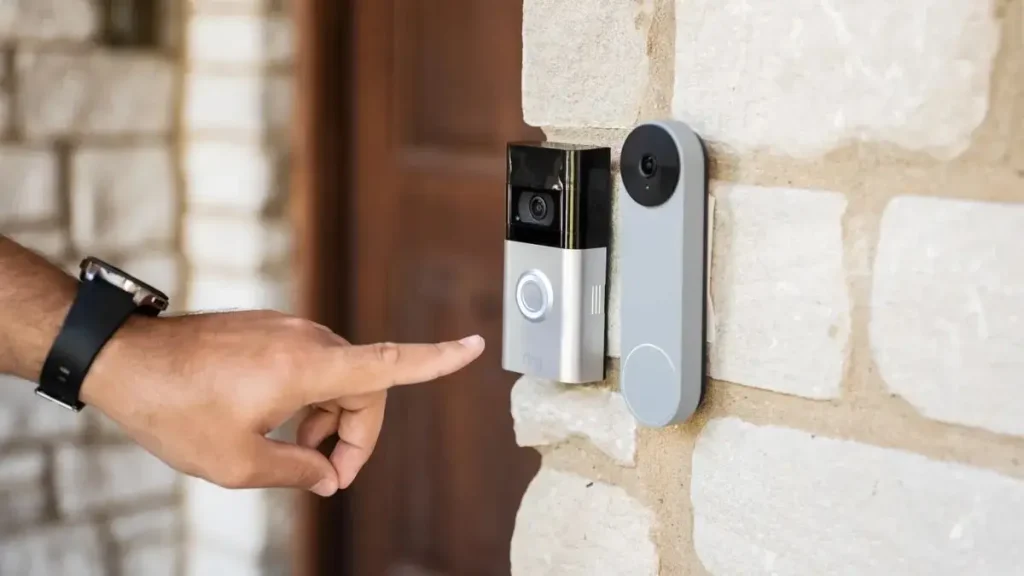
A few years ago, doorbell cameras were a luxury. Now they’re almost everywhere — from city apartments to suburban porches. According to Vivint’s 2025 home security report, the demand for smart doorbells has grown sharply because people want one simple device that covers security, convenience, and peace of mind in one go.
It makes sense. The front door is where everything happens — deliveries, guests, and sometimes trouble. A video doorbell lets you see who’s knocking, talk to them, or check a motion alert when you’re away. It’s like a mini security hub that runs quietly every day.
But it’s not just tech enthusiasts driving this trend. The rise in doorstep thefts, fake delivery scams, and online orders piling up outside homes has made people rethink how exposed their entryway really is. You don’t need a full surveillance network — just something that keeps an eye where it matters most.
Many homeowners still believe that visible security devices automatically stop break-ins — but as I explained in this piece on home security myths, deterrence only works when devices are placed and used smartly.
How Doorbell Cameras Actually Work?
Let’s strip away the jargon. A doorbell camera is basically a small HD camera paired with motion sensors, a Wi-Fi chip, and a two-way speaker. You install it where your regular doorbell used to be, connect it to your home internet, and manage everything through an app.
When someone walks up, it detects motion, starts recording, and sends a notification straight to your phone. You can see the person live, talk to them if you want, or ignore them completely. If you miss the alert, most devices save a video clip you can watch later.
The newer models integrate with smart home setups — Alexa, Google Assistant, or even smart locks. So, you can unlock the door for a friend or tell a courier to drop a parcel without leaving your chair.
The Flip Side — What Doorbell Cameras Can’t Do
Doorbell cameras aren’t full-proof. They see what’s in front of them, nothing else. If someone enters from a side gate or back window, the doorbell won’t know.
Then there’s connectivity. Weak Wi-Fi means delayed alerts or missing clips. Battery models need recharging, and cloud storage often isn’t free — some plans cost more over a year than the device itself.
Privacy’s another real issue. Your doorbell might record a neighbour walking past or a visitor who didn’t consent. Laws differ by country, but oversharing footage online can easily cross a line.
Have you faced any issues with delayed alerts or privacy worries from your doorbell camera? Drop your thoughts in the comments — I’d love to hear how it’s been working (or not) for you.
Cost vs. Value — Doing the Math
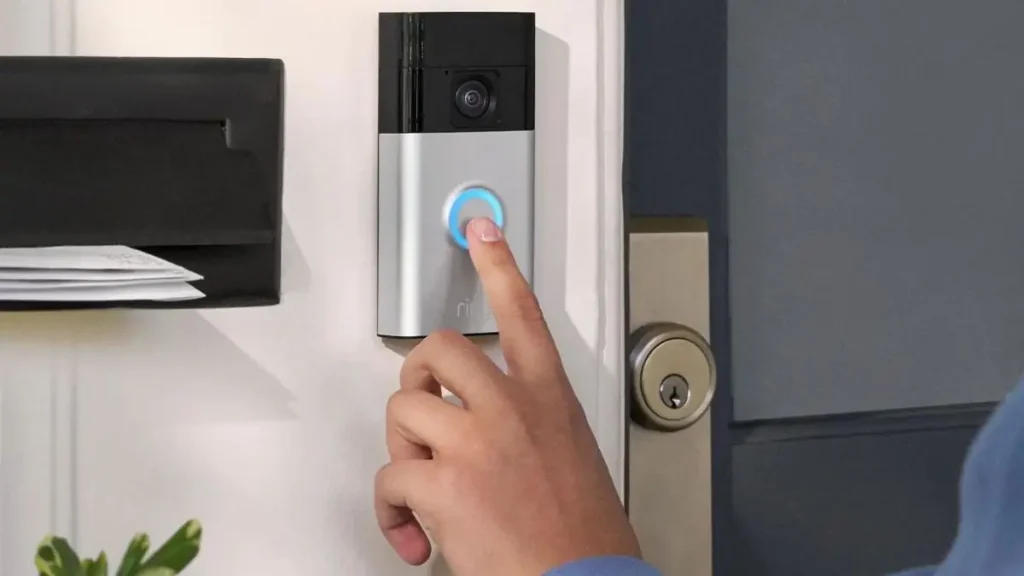
Let’s be honest: doorbell cameras aren’t cheap if you include all the extras. A basic wired model starts around $70–$100, while advanced versions with 2K video, AI detection, and cloud storage can push past $250. Add a monthly subscription — usually $3 to $10 for video history — and the yearly total can easily hit $150–$200.
But here’s the real question: what’s peace of mind worth to you?
If you live in an apartment where package theft is common, one caught thief or one resolved delivery dispute might justify the entire cost. And if you travel often, the ability to monitor your entryway from anywhere is priceless.
The mistake people make is thinking of a doorbell camera as a gadget. It’s not. It’s more like an insurance layer — one that’s active every day, not just when something goes wrong.
If you like getting short, practical home security insights and quick alert tips, there’s a WhatsApp channel I follow where new safety ideas are shared almost every week — it’s been surprisingly useful to stay ahead of small home risks.
Choosing the Right Doorbell Camera for Your Home
Picking the right model isn’t about brands — it’s about fit. Here’s how to narrow it down without getting lost in tech jargon:
1. Power Source: If you rent or can’t drill into walls, go wireless. Battery-powered models are flexible and easy to install. Homeowners who want continuous power should stick with wired models — they’re reliable and low-maintenance.
2. Storage: Decide how you want to keep footage. Cloud storage is secure but paid. Local storage (microSD) is free but vulnerable if someone steals the device.
3. Integration: If you already use Alexa, Google Home, or Apple HomeKit, pick a model that syncs seamlessly. Integration makes all the difference — you’ll actually use it more.
4. Video Quality: Aim for at least 1080p HD and night vision. You’d be surprised how many cheaper models blur faces or lose clarity after dark.
And here’s a pro tip: before buying, walk outside and look at your doorway. Notice lighting, distance, and angles. The right camera depends on your physical setup more than the specs on a box.
Once your camera’s in place, it works best alongside a few simple prevention habits — I’ve covered them in detail in these tips for a burglar-proof home if you’d like a quick checklist to follow.
Privacy, Ethics, and the “Always Watching” Problem
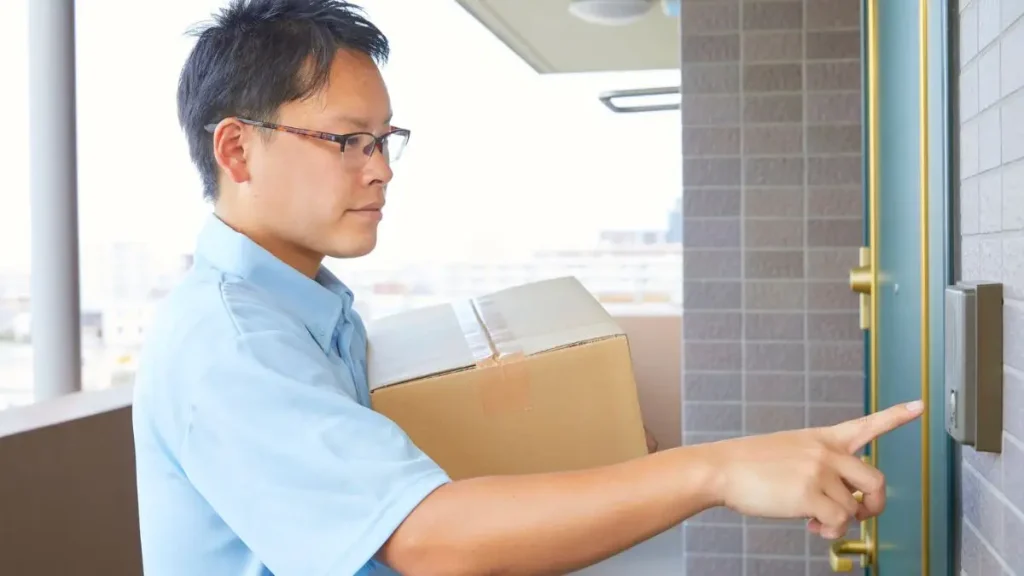
It’s easy to forget that cameras change behavior — not just for strangers, but for you too. The sense of being “always watched” can make even friendly interactions feel transactional.
Some neighbors also worry about being filmed without consent. In the U.S. and many other countries, the general rule is simple: you can record your property, but not your neighbor’s. Yet, wide-angle lenses often capture sidewalks, driveways, and even nearby homes.
If you’re serious about being both safe and ethical, here’s what to do:
- Point your camera only toward your property line.
- Disable audio recording if local laws require it.
- Be transparent — a small sign like “video doorbell in use” keeps things honest.
Security shouldn’t come at the cost of trust. Protect your home — not your neighborhood’s privacy.
Of course, even with the best tech, there’s no substitute for being prepared. If you ever face a real threat or intrusion, here’s what to do during a home invasion — practical steps that can truly make a difference.
The Future of Doorbell Cameras
We’re past the point where doorbell cameras are just motion sensors with a lens. The next wave is about intelligence — not visibility.
AI is already helping identify familiar faces, filter false alerts, and even recognize package deliveries. Some upcoming models are expected to predict patterns — like when someone regularly visits your door — and alert you only when something’s off.
Expect tighter integrations too. Imagine your doorbell talking to your smart lock, turning on porch lights, or triggering a drone camera if someone lingers too long. The technology is evolving fast — and becoming more personal, not just more powerful.
Still, it’s worth remembering that the smartest home security still starts with you. No app replaces common sense — like locking doors, keeping lights on, and building good relationships with neighbors.
Final Thoughts — Are Doorbell Cameras Worth It?
After diving into all the pros, cons, costs, and real experiences, here’s my honest take: yes, doorbell cameras are worth it — for most people, but not everyone.
If you get frequent deliveries, live alone, or simply want to keep an eye on your home while traveling, it’s one of the smartest small upgrades you can make. But if you live in a gated apartment or barely use your front door, you might not need one at all.
It comes down to your lifestyle, not the marketing.
For me, the biggest benefit isn’t the footage — it’s the peace of mind that comes with knowing what’s happening at my doorstep, 24/7.
What about you — do you think a camera watching your front door would make you feel safer or just more connected?
If you’re exploring ways to make your home safer beyond just cameras, check out our home security section, packed with simple, experience-backed advice.
Disclaimer: This article is for general informational purposes only and should not be taken as professional security advice. Always check local laws and privacy regulations before installing recording devices. Product examples or sources mentioned are for context only, not endorsements.

